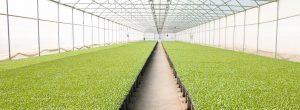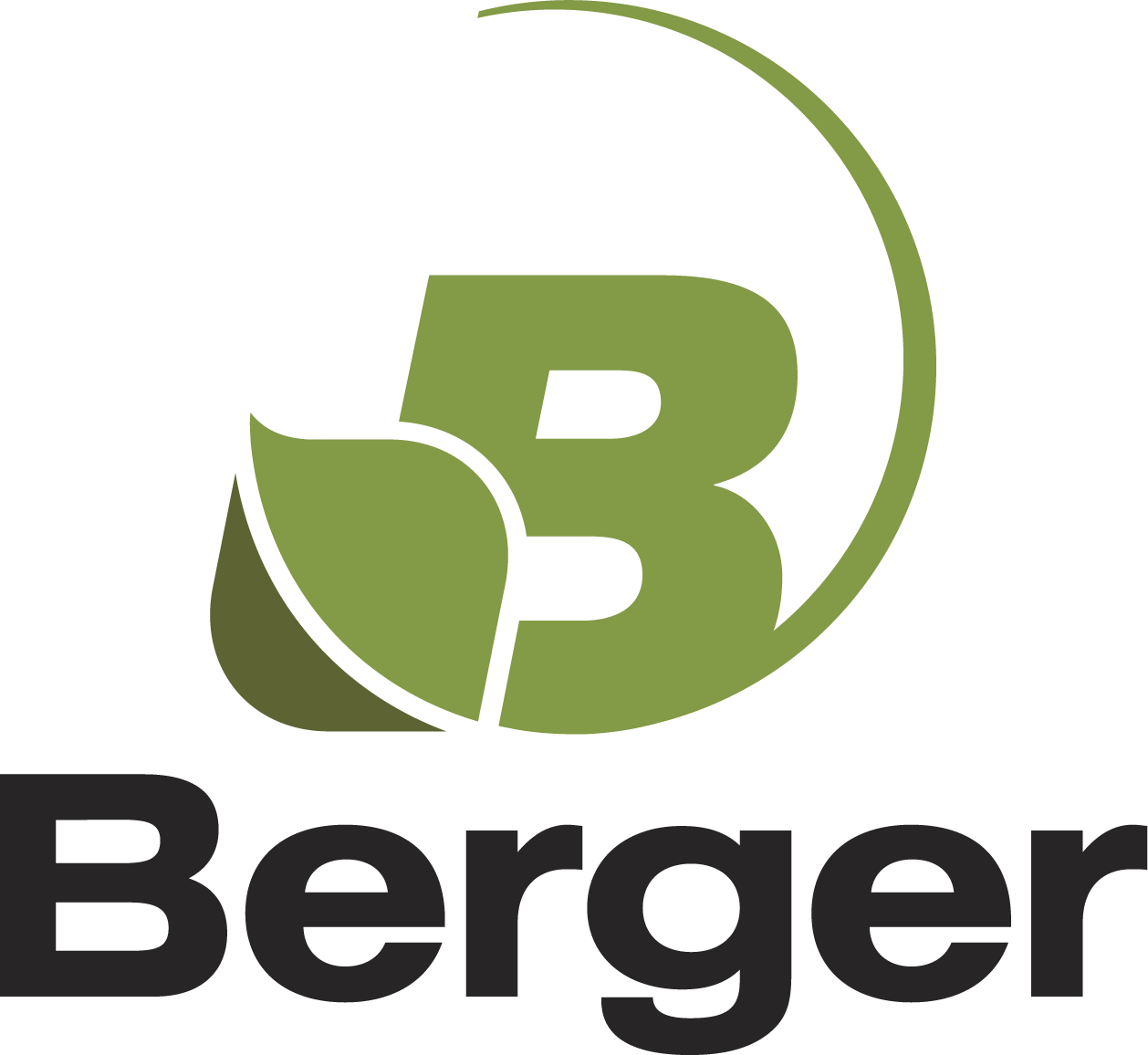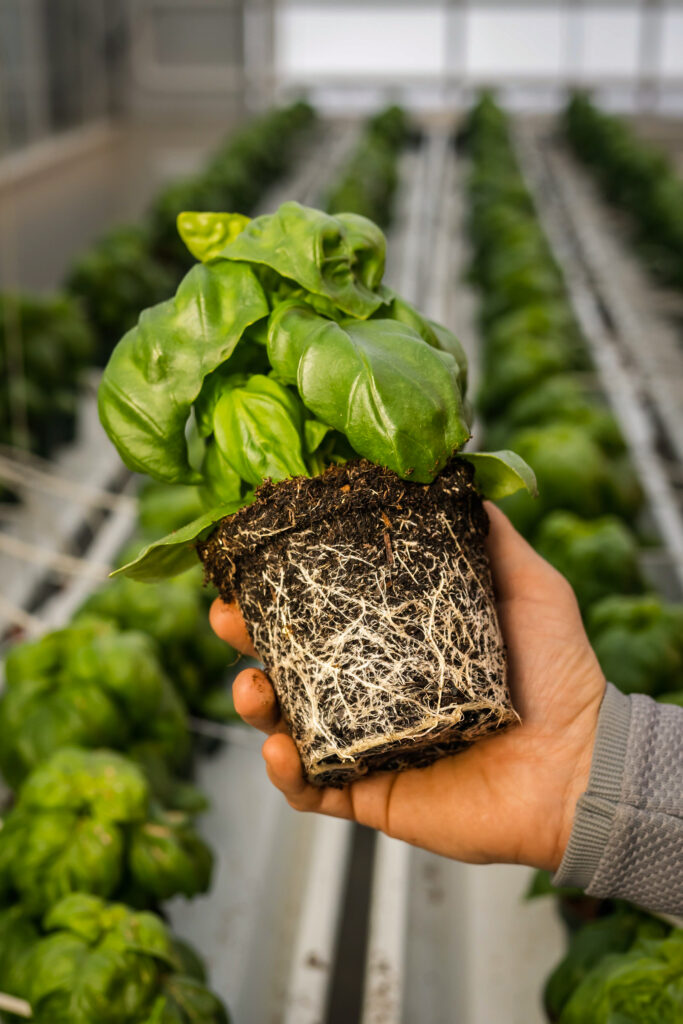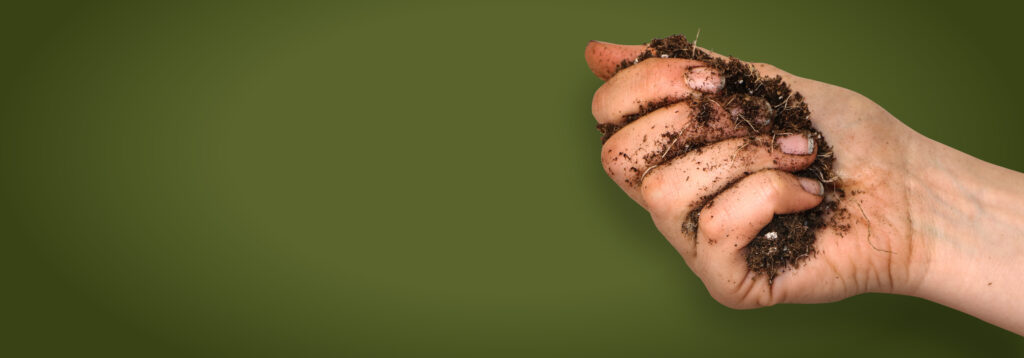31 Tips & Gardening Techniques
One growing tip per day.
by Pierre-Marc de Champlain, Supervisor Technical Services
Tip no1
Choose Your Growing Substrate
Choose your growing substrate according to the variety
grown.
Tip no2
Choose Your Growing Substrate
Choose your growing substrate according to the growth stage.
Tip no3
Adjust the Water Content
Adjust the water content of your growing media to 55-60% before potting.
Tip no4
Choose Your Growing Substrate
Choose your growing substrate according to the type of container used.
Tip no5
Choose Your Growing Substrate
Choose your growing substrate according to your irrigation method.
Tip no6
Add Small Doses of Fertilizer
Add frequent small doses of fertilizer for a better control of your production.
Tip no7
Reduce Your Energy Costs
Reduce your energy costs by optimizing your air circulation system.
Tip no8
Reduce Your Need for Chemical Treatments
Reduce your need for chemical treatments by implementing efficient cleaning and desinfecting procedures.
Tip no9
Increase Spacing
Increase spacing between plants can help reduce stretching.
Tip no10
Keep a Detailed Register
Keep a detailed register of everything you do to optimize your production techniques.
Tip no11
Leach out Your Growing Media
Don’t forget to leach out your growing media occasionally during production to avoid salts build-ups.

Tip no12
Keep Your Greenhouse Covers Clean
Keep your greenhouse covers clean to get the maximum out of the natural light of the sun.
Tip no13
Limit the Phosphorus Content
Limit the phosphorus content of your substrate to control the height of your seedlings.
Tip no14
Control DIF Temperature
Use DIF temperature control to reduce your PGR needs.
Tip no15
Reduce Your Energy Costs
Reduce your energy costs by improving the insulation of your infrastructures.
Tip no16
Order Your Material in Advance
Order your material in advance. Bad weather can delay your delivery.
Tip no17
Avoid Compacting Substrate
Avoid compacting the substrate in your containers to optimize porosity and yield.
Tip no18
Manage the Weeds
Manage the weeds around your greenhouse to avoid contaminations in your containers.
Tip no19
Keep the Filters of Your Heating Unit Clean
Keep the filters of your heating unit clean to make sure the fuel is burning efficiently.
Tip no20
Get Your Materials from Reputable Sources
Get your materials from reputable sources. This will help you avoid costly, unnecessary problems.
Tip no21
Check Your Root System Regularly
Check your root system regularly. Root damage often appears before foliage symptoms.
Tip no22
Take the Time to Look at the Root System
Take the time to look at the root system of your crops. Root health is a good indicator of the overall health of the crop.
Tip no23
Use a Very Porous Mix
If you have the tendency to overwater, use a very porous mix that will be more forgiving.
Tip no24
Verify Your Nozzles
Verify your nozzles regularly; damaged nozzles can lead to irregular irrigation patterns.
Tip no25
Control Your pH
The pH of your water has no effect on the pH of the substrate. It’s the alkalinity of your water and the type of fertilizer you use that will have an effect on substrate pH.
Tip no26
Control Your pH
A deficiency isn’t always caused by lack of nutrients the pH of the substrate can affect the availability of nutrients.
Tip no27
Test Your Water Frequently
Test your water frequently, at different moments in the year. Seasonal variations can have a huge impact on water quality.
Tip no28
Analyse the E.C.
Collect and analyze the E.C. of your run-off water after a fertilization to estimate the quantity of fertilizer you could be saving.
Tip no29
A Source of Calcium
Gypsum has little to no effect on mix pH. It is added to peat based substrates as a source of calcium.
Tip no30
Choose Your Growing Substrate
Choose your growing substrate according to meteorological conditions.
Tip no31
Do Business with Professionals
Do business with professionals, call us today | 1-888-771-4462


